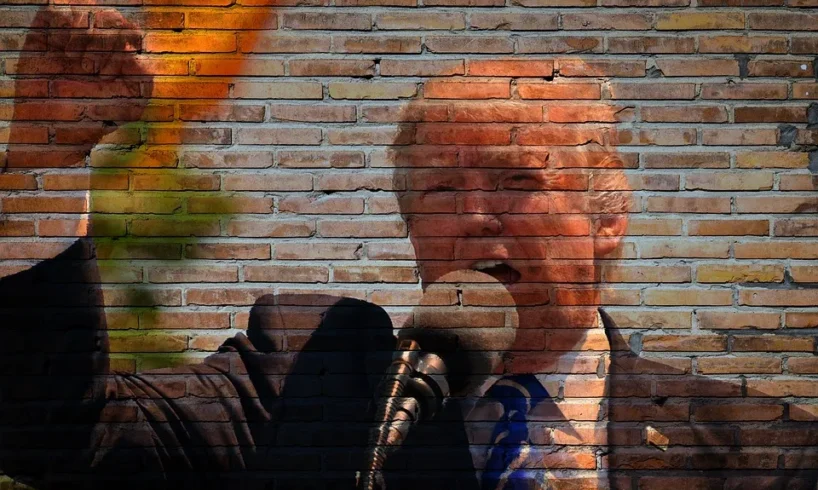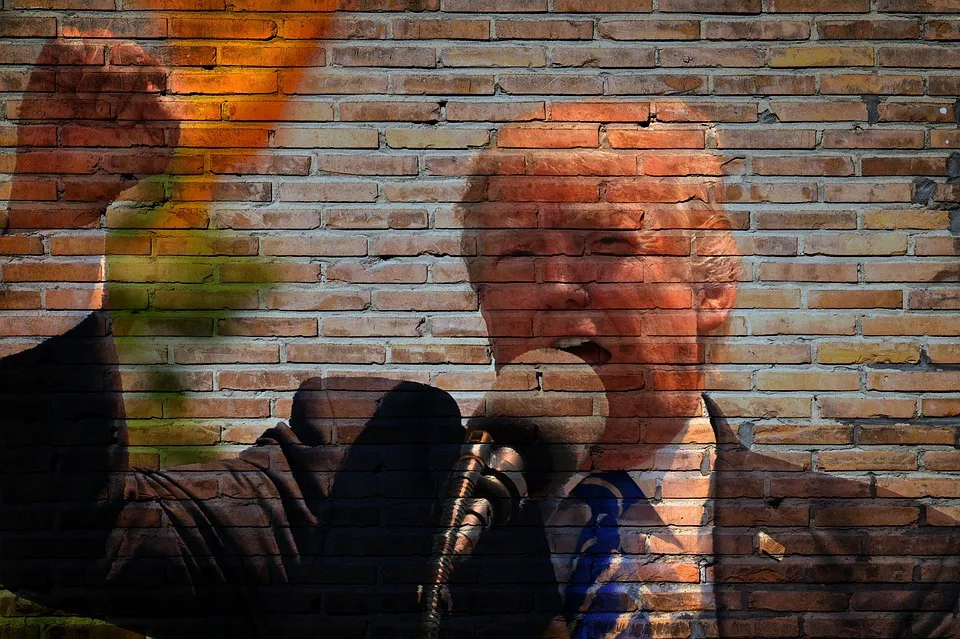
Canadian Prime Minister Justin Trudeau arrived at Mar-a-Lago on Friday to meet with former U.S. President Donald Trump following a tense exchange over proposed tariffs. Trump has threatened to impose a 25% tariff on Canadian imports unless Canada takes more decisive actions against illegal immigration and drug trafficking across the U.S. border. The meeting aims to address these escalating tensions and explore possible resolutions to avoid an economic standoff.
A Meeting of Urgency
On the afternoon of November 29, 2024, Trudeau’s plane touched down near Mar-a-Lago, Donald Trump’s sun-drenched Florida estate. The visit comes on the heels of a public request from Trump, who is currently a leading figure in the Republican party. With the holiday season approaching, both leaders are pressured to find common ground before the tariffs take effect, potentially disrupting trade and affecting economies on both sides of the border.
The Stakes at Hand
The proposed tariffs have sparked concern among businesses and political leaders alike. If implemented, these tariffs could significantly impact the Canadian economy, with automotive, agriculture, and manufacturing industries bearing the brunt. Canada exports more than $300 billion in goods to the United States annually, making the U.S. its largest trading partner. “A tariff of this magnitude would be devastating for Canadian businesses and workers,” said Sarah Thompson, an economist at the Canadian Institute for Policy Studies. “It would also hurt U.S. consumers who rely on affordable Canadian products.”

Immigration and Drug Trafficking: The Core Issues
The threat of tariffs is tied to Trump’s demands for stricter immigration controls and more effective measures against drug trafficking. Trump has repeatedly criticized Canada for what he perceives as a lax approach to border security. “We need to see real action from Canada to stop the flow of illegal immigrants and drugs into our country,” Trump stated earlier this week. In response, Trudeau has emphasized Canada’s efforts and cooperation with U.S. authorities, suggesting that further dialogue is essential to understanding and resolving these issues collaboratively.
Diplomatic Strategies and Potential Resolutions
During their discussions, Trudeau is expected to propose initiatives to address U.S. concerns while safeguarding Canadian interests. These may include enhanced border surveillance, joint task forces, and increased information sharing between the two nations. “Canada is committed to working with the United States to tackle these challenges together,” said Trudeau before the meeting. Experts believe that diplomatic engagement and compromise will be crucial to avoiding a full-blown trade conflict that could have long-lasting repercussions.
Expert Opinions and Economic Implications
Analysts are closely watching the developments, with many warning of the potential economic fallout should the talks fail. “The interconnectedness of our economies means that any disruption could have ripple effects beyond immediate trade,” noted Dr. Emily Carter, a trade analyst with the North American Trade Observatory. “Supply chains could be affected, increasing costs for businesses and consumers alike.” The stakes are high for both leaders, who must balance domestic political pressures with the broader implications of their decisions on international relations.
Looking Ahead: The Path to Resolution
As discussions unfold, the focus will be on finding a pathway that addresses Trump’s demands and Trudeau’s concerns. The outcome of this meeting will not only impact the economic relationship between the U.S. and Canada but also set a precedent for how both countries navigate future challenges. Observers remain cautiously optimistic that diplomacy will prevail, leading to a mutually beneficial agreement that strengthens bilateral ties and addresses the underlying issues at the heart of the current dispute.

Carl Riedel is an experienced writer focused on using Open Source Intelligence (OSINT) to produce insightful articles. Passionate about free speech, he leverages OSINT to delve into public data, crafting stories that illuminate underreported issues, enriching public discourse with perspectives often overlooked by mainstream media.






